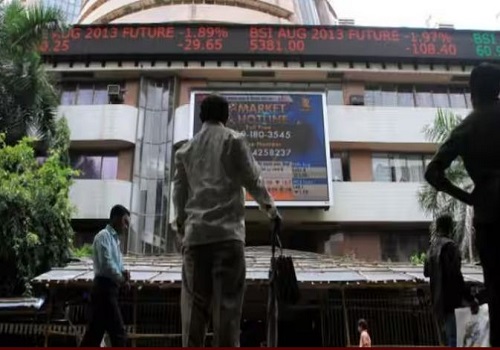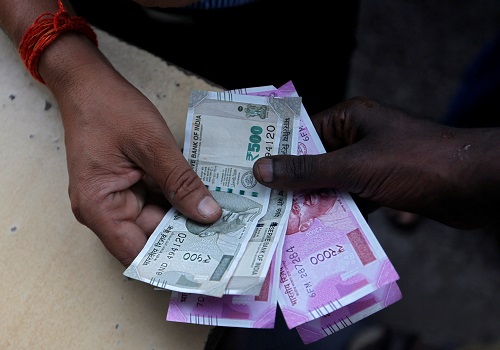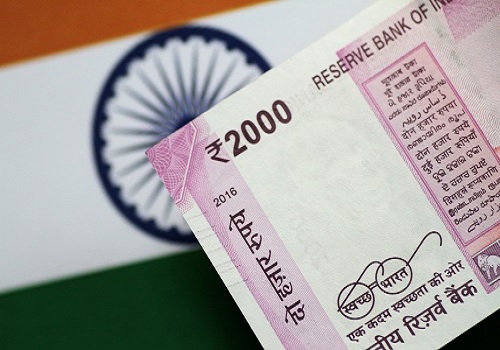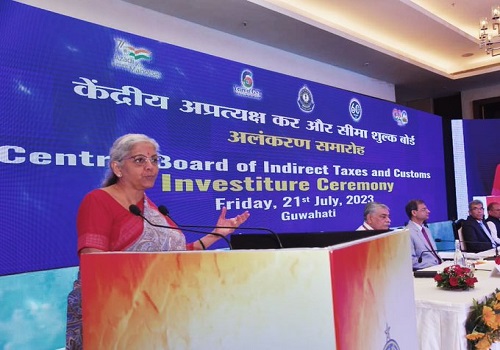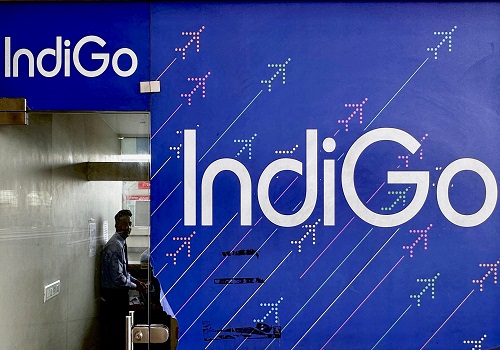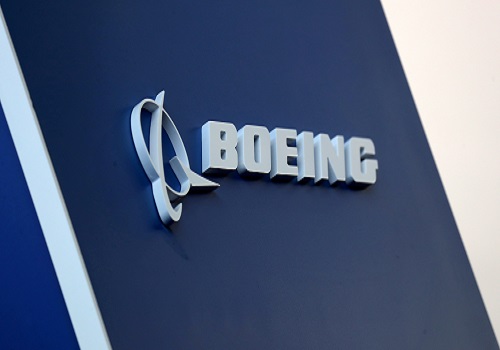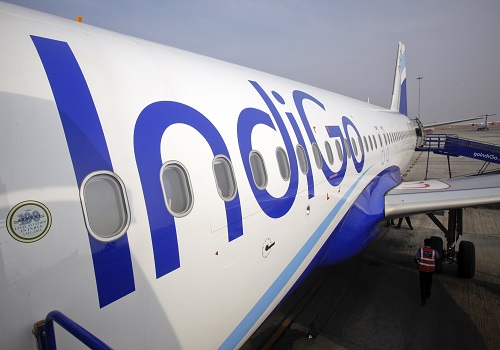Fuel, currency, fares major challenges for Indian carries, says Boeing
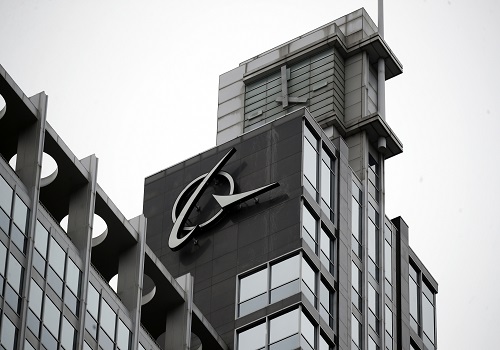
Follow us Now on Telegram ! Get daily 10 - 12 important updates on Business, Finance and Investment. Join our Telegram Channel
Fuel, currency, and low fares - compared to other aviation markets in the region - are three challenges faced by airlines in India even as the country's aviation sector is on path to recovery from Covid pandemic, a top official of airplane maker Boeing said on Friday.
Aviation fuel in India is 90 per cent higher when compared to Middle East and Africa, Asian and Oceania, and North America.
About 70 per cent of airlines operational costs are priced in US dollars. Though the Indian rupee was stable through the pandemic, this continued to be a watch item, said Dave Schulte, Managing Director, Regional Marketing, Boeing Commercial Airplanes.
Addressing a news conference on the sidelines of Wings India 2022 here to announce Boeing's commercial outlook for India for the next two decades, he said that India has the lowest average fares for similar distances and demands in other markets in the region. If the fare for Delhi-Mumbai route is $60, it is $150 to $200 higher in Japan and China for the same distance.
Schulte said he believes that new generation aircrafts from Boeing like 737MAX and 737-10 can help Indian carriers with low fuel burn and lower seat costs respectively.
The aircraft maker projected that South Asian airlines will lead air traffic growth rates through 2040 by 6.9 per cent annual growth. India represents 90 per cent of the South Asian market. The projected traffic growth means the region's fleet will nearly quadruple by 2040.
According to the market outlook, South Asia will need 2,400 new airplanes valued at $375 billion for the next 20 years. About 90 per cent of them will be narrow-bodied aircrafts. More deliveries are likely to happen in the second half of the period.
"We project robust demand for air travel in South Asia with carriers increasing services, and passengers feeling confident about travel to see family and friends and do business, as well as from air cargo," he said.
"Key elements that will promote continued growth in the region will be the competitive domestic market and opportunities in international routes, both backed by government policies to reduce airline cost and taxes," he added.
Schulte noted that despite Omicron and Delta variants, there was swift recovery in the domestic passenger market and the planned domestic capacity is expected to exceed 2019 levels during the current month.
He said that the Indian domestic traffic performing better in 2021 and forecasted to double pre-pandemic levels in a decade.
The planned international capacity is also expected to exceed pre-pandemic levels as early as next month. He believes international capacity is poised for a strong rebound starting late this month.
He noted that Indian carriers are adding more capacity in both domestic and international routes
International scheduled network from India shows that by June 2022 the short-haul market will grow by 600 per cent and long-haul by 300 per cent compared with June 2021.












 320-x-100_uti_gold.jpg" alt="Advertisement">
320-x-100_uti_gold.jpg" alt="Advertisement">

